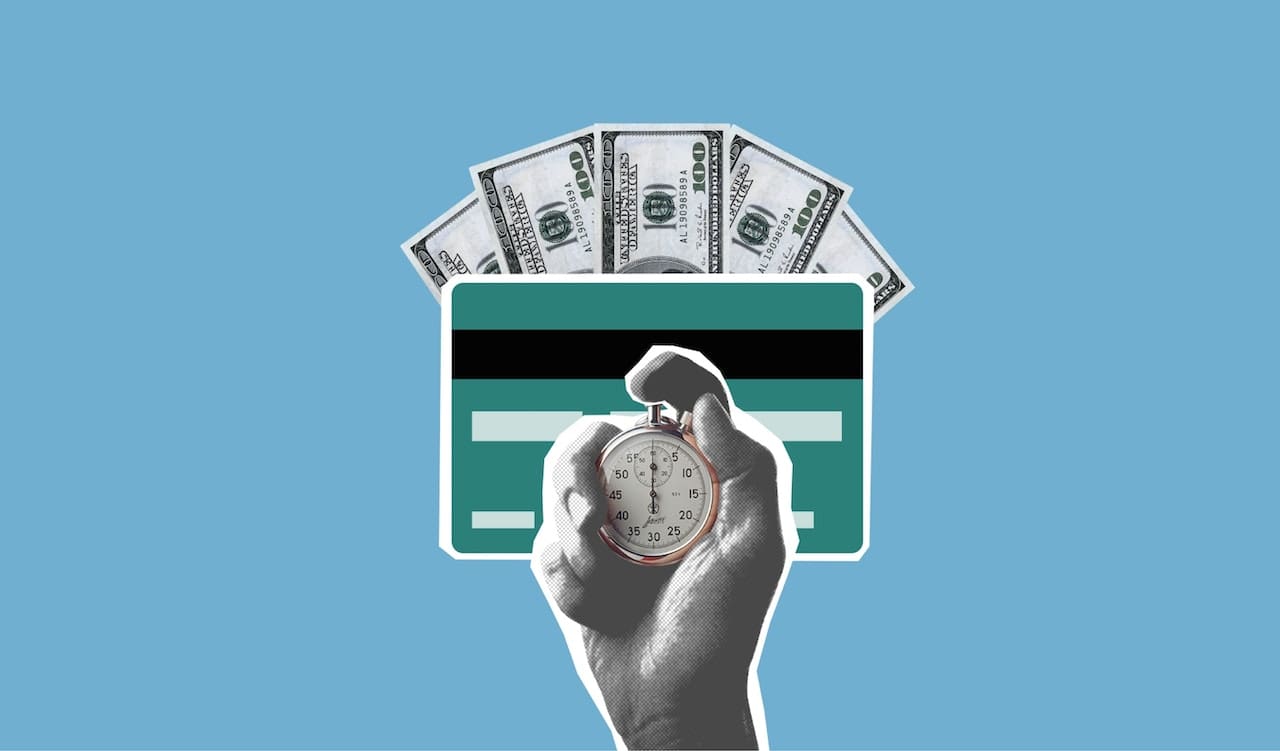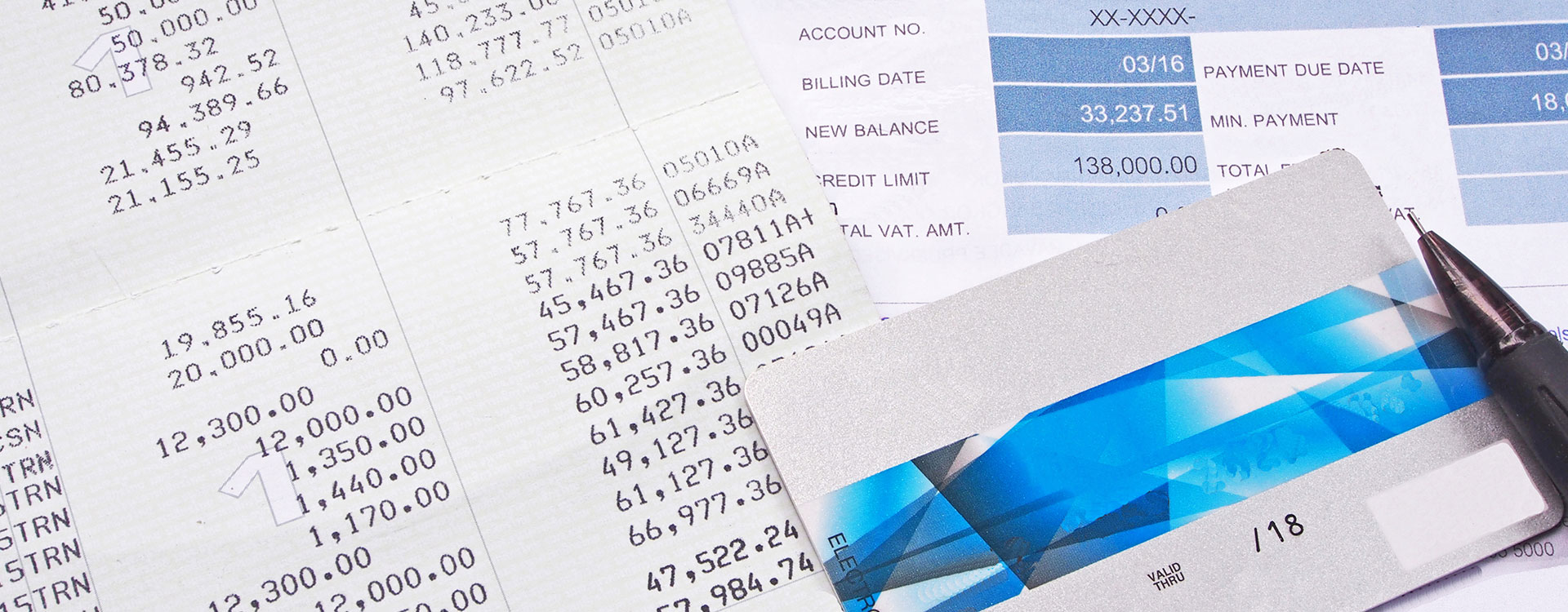In life, we often have to weigh the opportunity cost of choices, and make a decision to move forward with one that makes the most sense.
Below, we'll discuss the distinctions between debt resolution and minimum payments and help you determine which is best for you.
We'll also cover how debt relief can provide some much-needed help in getting out of debt.
What Does Opportunity Cost Mean?
An opportunity cost is the value of something when you compare it to the next best alternative.
For instance, if you have $100 and you spend it on a new shirt, the opportunity cost would be the value of the things you didn't buy with that $100.
In this case, it could be a pair of shoes, a new book, or a ticket to a concert.
The opportunity cost is relevant in personal finance because it can help you decide how to spend your money.
For example, if you're considering whether to use your credit card to pay off debt or take a vacation, the opportunity cost would be the interest you would accrue on the debt if you decide to go on vacation.
Ultimately, the opportunity cost is a way to help you make decisions by considering the value of what you're giving up. By understanding opportunity cost, you can avoid making costly mistakes with your money.
How Does It Apply To Debt Resolution And Making Minimum Payments?
The opportunity cost principle is the basic concept behind the time value of money. It states that the actual cost of something is not just the monetary amount you pay but rather the opportunity cost - what you give up to have that thing. In other words, it's not just about the money.
When it comes to debt, the opportunity cost is often much higher than the monetary amount you pay.
For example, if you're paying $500 monthly in credit card debt, that's not just $500. It's also the interest you're accruing on that debt, which can be 20% or more. It's also the money you could have used to save for retirement, pay down other debt, or invest in your future.
In short, the opportunity cost of debt is often much higher than the monetary amount you pay each month. And that's why it's essential to focus on paying off your debt as quickly as possible. Every dollar you can put towards paying off your debt is one less dollar costing you in interest and opportunity costs.
So if you're trying to decide whether to make the minimum payment or put more towards debt resolution, always consider the opportunity cost.
It's not just about the money - it's about what you're giving up to have that debt.
And often, the opportunity cost is simply too high.
The Benefits Of Debt Resolution
Debt resolution can provide many benefits, including the opportunity to save money on interest payments... and reduce or completely eliminate debt.
Debt relief may be your best option if you're struggling with credit card debt.
Debt relief can help you reduce or eliminate your debt, saving money on interest payments and improving your credit score.
If you're considering debt relief, it's best to compare different options to find the best solution for your situation. By doing so, you can open up other opportunities such as investing in undervalued assets every month rather than continuing to make minimum payments.
With this option, you're setting yourself up for a better financial future where you are no longer burdened by your debt, but rather in control of your own finances.
The Benefits Of Minimum Payments
Minimum payments are not just a way for credit card companies to get more money from you each month. Making the minimum payment on your credit cards can save you money in the long run in terms of opportunity cost.
Here are a few benefits of making minimum payments:
- It can help you maintain your credit score by not missing any payments.
- It can give you more time to settle your finances.
- You won't feel pressured to pay your debt off immediately.
Making the minimum payment on your credit cards can help you get out of debt (provided you don't add on new debt), and improve your credit score. Although it may take a long time to pay off your debt entirely, you can eventually manage to eliminate your debt.
However, as mentioned earlier, the opportunity costs of monthly minimum payments should be taken into consideration as it can take years to get out of debt this way.
That's why many financially savvy individuals opt to seek aid from financial relief companies as they provide services that can help you get out of debt in a shorter amount of time while still paying less than you would if making minimum payments.
How To Calculate The Opportunity Cost Of Your Debt Situation
If you're like most people, you probably have some form of debt. Whether it's credit card debt, a student loan, or a mortgage, debt can weigh heavily on your finances and quality of life.
One way to ease the burden of debt is to calculate the opportunity cost of your situation. In other words, what could you be doing with the money you're using to make debt payments?
Here's a look at how to calculate the opportunity cost of your debt situation:
- List out all of your debts and the interest rates you're paying on each. This will give you a good overview of where your money is going each month.
- Calculate the average interest rate you're paying on all of your debts. This will give you a good starting point for estimating the opportunity cost of your debt situation.
- Finally, consider what you could do with your money to make debt payments. For instance, if you're paying $500 per month in credit card debt, that's $6000 per year that could be going towards savings or investments.
By taking the time to calculate the opportunity cost of your debt situation, you can get a better handle on your finances and make more informed decisions about how to best use your money.
Some Final Thoughts On The Opportunity Cost Of Debt
So, what's the best decision for you – debt resolution or minimum payments? It depends on your unique financial situation. However, if you're looking to get out of debt as quickly as possible, then debt resolution is likely the better option.
The important thing is to sit down and crunch the numbers so you can make an informed decision about what's best for your financial future.
How Credit9 Can Help You
At Credit9, we offer loan options that could provide you with the financial solution that works best for you.
Since 2018, Credit9 has provided over $460 Million in loans to over 36,000 of our customers, and we’re confident we can help you too.
For more information about Credit9’s unique debt consolidation services, contact us today to see how we can help you consolidate your debts and receive a free, no-obligation, and fully-customized Credit9 loan solution!



